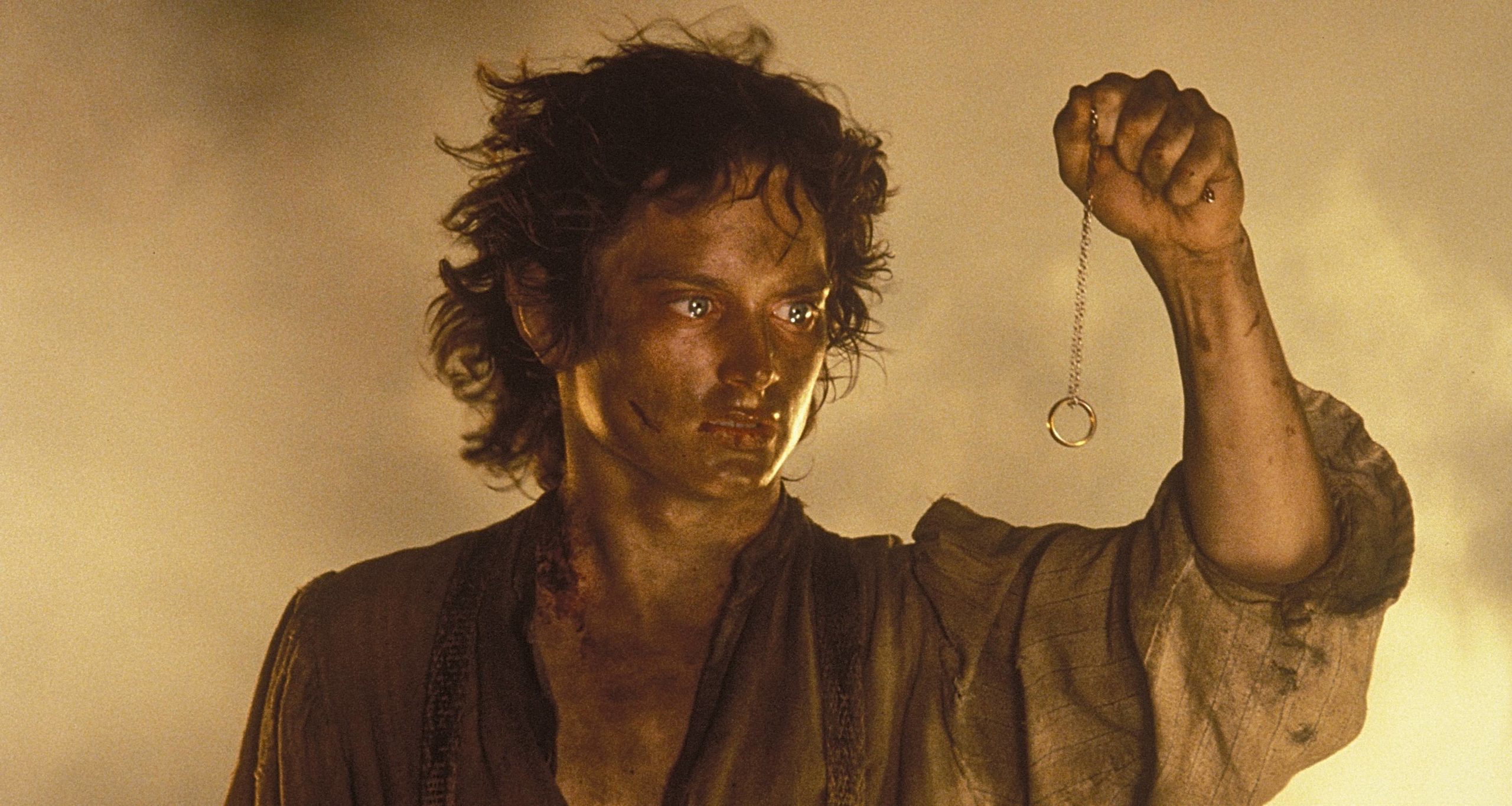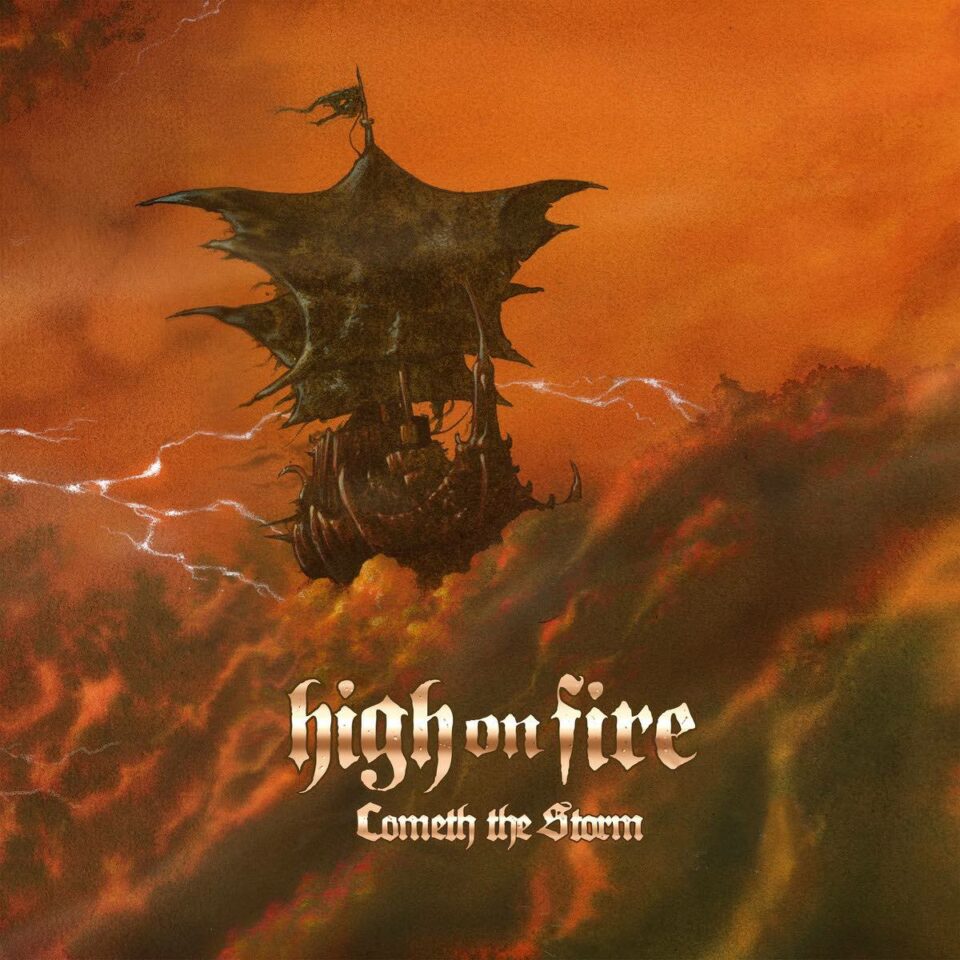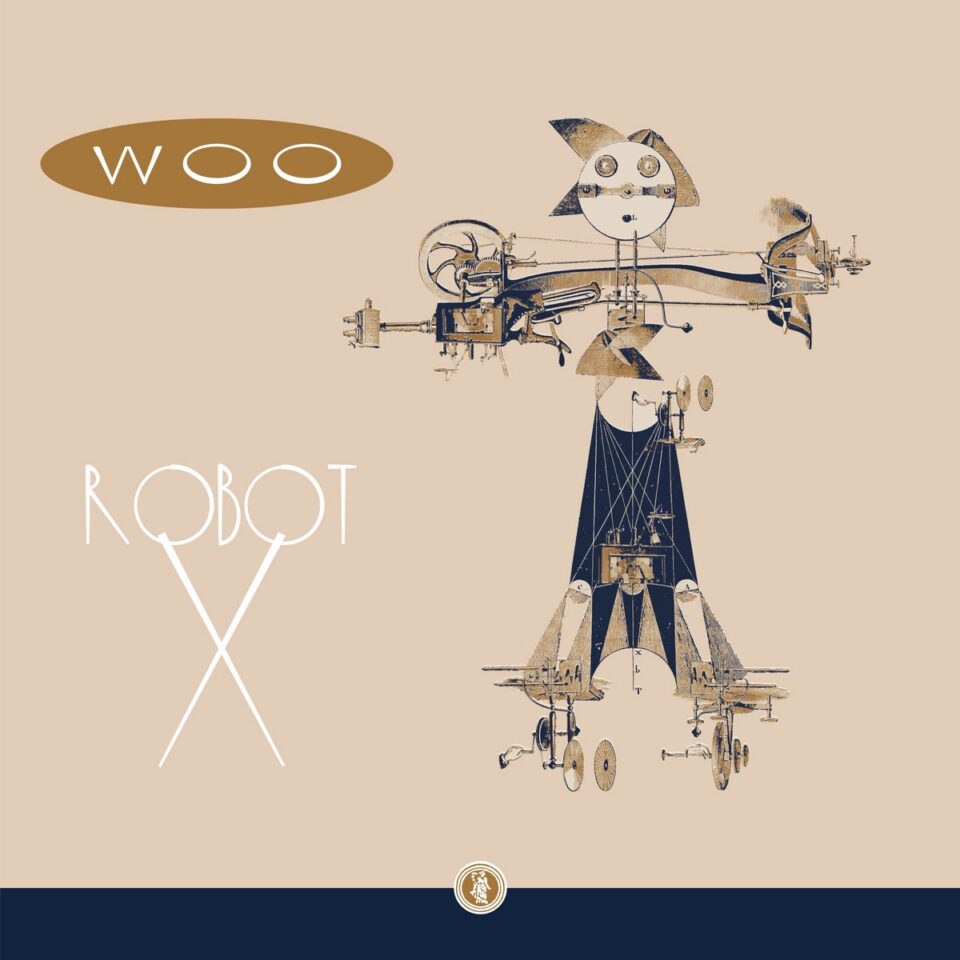The Lord of the Rings trilogy has been a lot of things to a lot of people since it was unleashed in theaters twenty years ago—a thinly veiled Christian allegory, the first in a series of post-9/11 franchises toting sharply black-and-white moral absolutism (very pretty and very white good guys versus bad guys that are goopy slaves from hell), a rare movie where Viggo Mortensen does not hang dong or ass. I imagine that for plenty of folks my age these movies were the first titles purchased after their families made the switch from VHS to DVD, while it’s become an unspoken white people tradition to gather over the winter to binge all three movies’ extended cuts. If you’re like me and you’ve seen them many more times than you think you have, unconsciously recalling every bit of dialogue before it’s spoken to the point of embarrassment, here’s a new thing the Lord of the Rings movies can be for you: a maternity allegory.
I think the key to this admittedly enormous stretch of the imagination (come on, is this more unrealistic than orcs, dementors, and big rude elephants?) lies in the films’ opening scenes in the domestically idyllic Shire, where a young man’s life gets turned upside down upon learning that he’s been tasked with a seemingly impossible delivery. There are immediate allusions to both ancestry—it’s a family heirloom of sorts, which must be passed down to Frodo because his elderly relative is too old to carry it (plus, that relative’s already lived through the adventures it’s provided)—and marriage—rings, dude, it’s all about rings—which, if you’ve seen these movies enough times, is enough to keep you thinking about starting a family even after you’ve been introduced to that enormous fire guy with the whip.
The whole series is about life cycles, really, as it opens with a birthday celebration and ends with some freaky implication of ritualistic group suicide which the premature Frodo is for some reason encouraged to join. There’s even a bunch of tedious romantic subplots between Viggo and Liv Tyler, Viggo and Miranda Otto, and Viggo and Orlando Bloom injected into the already jam-packed storyline—an objectively bad addition to Tolkien’s text which could only serve the purpose of reorienting the viewer to the movies’ focus, which, again, is that Frodo is pregnant, every time the action picks up. Gandalf, Frodo’s midwife, dies and is reborn as an even prettier good guy in the second film; Aragorn Son of Airhorn gets promoted from park ranger to king; one of the literal countless endings packed into Return of the King’s excessive conclusion shows Samwise happily spending time with his wife and kids.
I guess this is sort of an awkward component of this theory that needs to be broached: Sam is the supportive husband. Not to the woman he marries at the films’ end, no—he’s married to Frodo after, in his bumbling fashion, accidentally impregnating him. The whole thing feels sort of rushed at the beginning, so I propose it was a shotgun wedding—as soon as they first reach Riverdale or whatever that elf place is called, you get immediate wedding vibes, so let’s go ahead and say that’s the wedding. It’s sort of hard to keep track of time in the films, but I think maybe, let’s say, hmm, nine months is about the length of time between the beginning of Sam and Frodo’s journey together and its nativitous end?
Smeagol is the cravings, obviously. I don’t think I need to go into this metaphor any deeper.
Now I’m not saying this is the only reading of Lord of the Rings you should employ in the future, but I am saying that it is quite possibly one reading which becomes harder to ignore the longer you watch Sam and Frodo bicker—again, exacerbated by those cravings—and the more times we uncomfortably watch as Frodo, um, makes those little faces and sounds that seem very, uh, orgasm-y. Which I suppose brings us full-circle back to the Christian allegory thing—I think that’s still very much in place with this reading, though instead of it being a New Testament allegory it’s more of a feeling-guilty-about-wedlock type thing in which a young couple assembles a tight crew of friends to covertly bring this baby into the world without succumbing to the shame overwhelmingly cast upon them by the all-seeing eye of God. FL
The trilogy is now streaming on HBO Max. Please don’t go see it in theaters.









